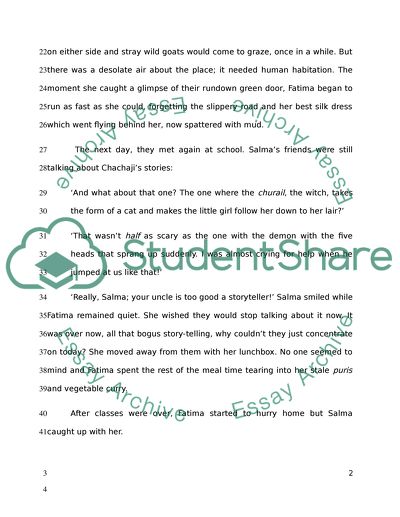Cite this document
(“TMA 05: Professional piece aimed at a suitable print or internet Essay”, n.d.)
Retrieved de https://studentshare.org/miscellaneous/1553710-tma-05-professional-piece-aimed-at-a-suitable-print-or-internet-magazine-that-you-research
Retrieved de https://studentshare.org/miscellaneous/1553710-tma-05-professional-piece-aimed-at-a-suitable-print-or-internet-magazine-that-you-research
(TMA 05: Professional Piece Aimed at a Suitable Print or Internet Essay)
https://studentshare.org/miscellaneous/1553710-tma-05-professional-piece-aimed-at-a-suitable-print-or-internet-magazine-that-you-research.
https://studentshare.org/miscellaneous/1553710-tma-05-professional-piece-aimed-at-a-suitable-print-or-internet-magazine-that-you-research.
“TMA 05: Professional Piece Aimed at a Suitable Print or Internet Essay”, n.d. https://studentshare.org/miscellaneous/1553710-tma-05-professional-piece-aimed-at-a-suitable-print-or-internet-magazine-that-you-research.


